For all the talk about Africa’s digital future, the real challenge is buried in the ground: fibre. Without it, widespread adoption and access to high-speed internet will remain out of reach for millions of people. CSquared, a pan-African technology company with roots in Google’s “Project Link,” is betting $125 million that open-access, carrier-neutral fibre networks can finally deliver affordable, reliable broadband across the continent.
Launched in 2011 in Uganda and spun off in 2017 with backing from Google, Mitsui & Co, Convergence Partners, and the IFC, CSquared has grown into one of Africa’s most influential wholesale fibre providers. Its model is simple but transformative: instead of every mobile operator and internet service provider (ISP) building duplicative, expensive infrastructure, CSquared builds the highways of connectivity and leases capacity to anyone who needs it. The company has laid over 7,500 kilometres of fibre across Uganda, Ghana, Liberia, Kenya, the Democratic Republic of Congo, and Togo, powering more than 100 ISPs and mobile operators.
But CSquared’s ambitions stretch far beyond city grids. With a fresh $25 million injection in late 2023—part of a broader $65 million programme—the company is expanding into new frontiers, including cross-border fibre corridors and edge data centres. Collectively, its investors, including Google, IFC, Mitsui & Co, Convergence Partners, Convergence Partners Digital Infrastructure Fund, and International Development Association’s Private Sector Window (IDA-PSW) Blended Finance Facility, have now staked over $125 million on the vision of a truly interconnected Africa.
The fibre gap
For Samuel Owusu Yeboah, CSquared’s Group Chief Technology Officer, the problem is as clear as it is urgent. “Connectivity is interconnecting all telecom equipment and nodes across different regions or countries so that you’re able to exchange information seamlessly,” he told TechCabal on Tuesday, August 19, 2025, at the African Peering and Interconnection Forum in Lagos. “Today, data is a new commodity. Our role is to provide a reliable broadband medium for all players: ISPs, MNOs, governments, so that they can reach the end user.”
Yet the scale of the task is staggering. Africa’s population of 1.4 billion remains only partially online. Internet penetration hovers between 35% and 48% in many regions, leaving hundreds of millions unconnected. In West Africa alone, home to 15 countries and over 110 million people, cross-border connectivity remains fragmented.
Yeboah recalls driving from Monrovia into Sierra Leone, where a simple local call cost upwards of $11 due to infrastructure gaps. “Calling my brother in the neighbouring country shouldn’t cost more than calling someone in Asia,” he says. “That’s what we’re trying to fix.”
Wholesale by design
Unlike retail telecom players, CSquared doesn’t sell directly to consumers. Instead, it positions itself as an enabler, building the invisible backbone of Africa’s digital economy. Willem Marais, the company’s Chief Commercial Officer, explains this approach: “It takes governments, private investors, foreign and local partners to realise an interconnected Africa. We are the neutral layer, building the metric infrastructure that everyone else relies on.”
That neutrality is key. Rather than competing with mobile operators, CSquared counts them as customers. The company’s wholesale model lowers capital costs through economies of scale and partnerships—whether leasing existing poles in Liberia to reduce deployment costs or partnering with Phase3 Telecom to deliver the Accra–Lagos terrestrial route.
“Not one party can do it all,” says Yeboah. “We often pursue co-build models, where we share costs and infrastructure. It makes broadband more affordable for everyone.”
Navigating governments and borders
If fibre is a technical challenge, it’s also a political one. Cross-border projects require regulatory cooperation that is often in short supply. Marais admits that success depends as much on diplomacy as it does on engineering.
“When we move into a new territory, the first step is always to engage with the minister of communications and the regulator,” he said. “Once we understand their priorities, we apply for a license and then start rolling out infrastructure.”
That stakeholder engagement has yielded public-private partnerships in Liberia, Togo, and beyond. “It’s about socialising the vision,” said Yeboah. “Showing governments the economic activity and benefits that follow when you have seamless cross-border connectivity.”
The road ahead
Already live is the Accra–Lagos terrestrial route, a strategic link between two of West Africa’s largest digital economies. Next in line are extensions into Côte d’Ivoire and further inland markets. Over the next five years, CSquared envisions a “superhighway platform” interconnecting all 15 countries of West Africa, both along the coast and deep inland.
The long-term payoff is not just cheaper calls or faster downloads. It serves as a foundation for e-commerce, digital education, financial inclusion, and Africa’s growing startup ecosystem. “Ultimately, we’re building for the end user,” says Marais. “When connectivity is affordable and reliable, innovation follows.”
Betting on scale
CSquared’s bet is not without risk. Fibre deployment is capital-intensive, and Africa’s infrastructure gap is wide. But the company believes its open-access, partnership-driven approach is the only way forward. By leveraging economies of scale, collaborating with governments, and remaining a wholesale-only player, it aims to keep costs down and adoption up.
For a continent often bypassed by global digital infrastructure, the $125 million wager is less about cables than about opportunity. As Yeboah puts it, “There are still so many unconnected areas. The cake is big enough for everyone. What matters is building together.”
Mark your calendars! Moonshot by TechCabal is back in Lagos on October 15–16! Join Africa’s top founders, creatives & tech leaders for 2 days of keynotes, mixers & future-forward ideas. Early bird tickets now 20% off—don’t snooze! moonshot.techcabal.com
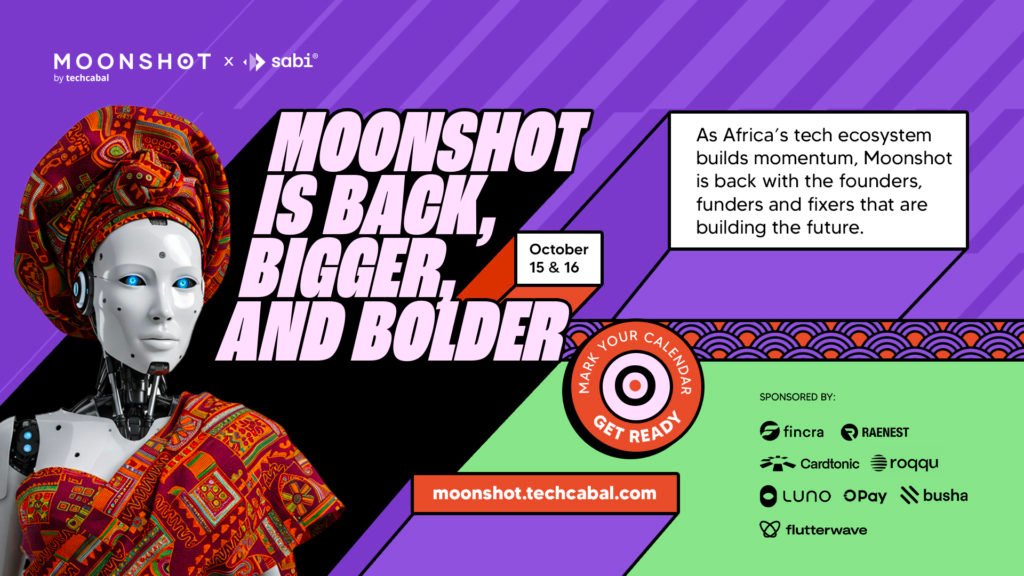


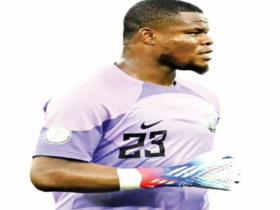
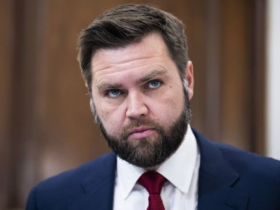

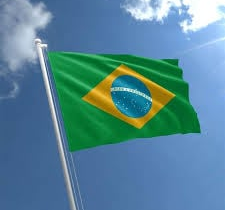
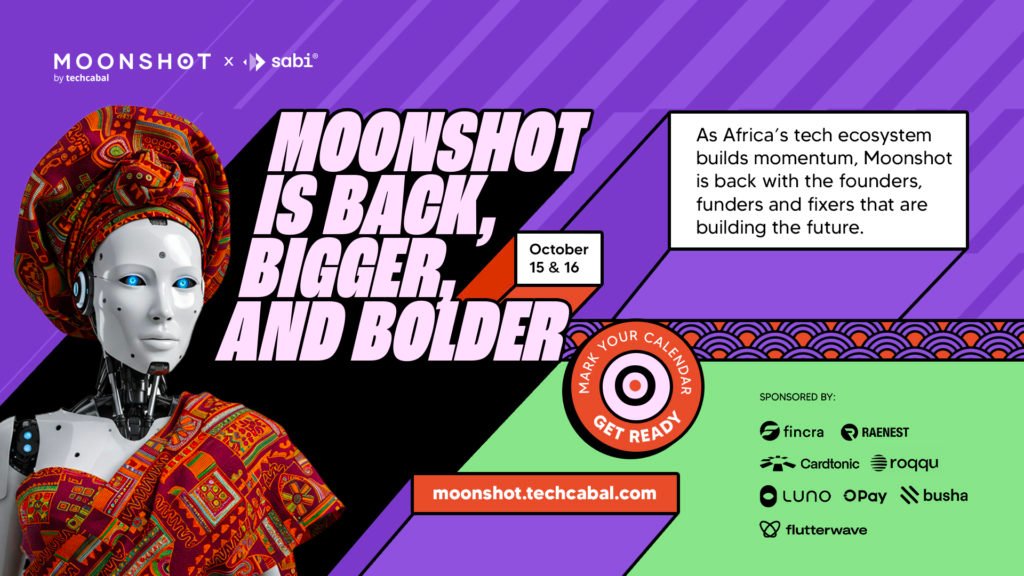
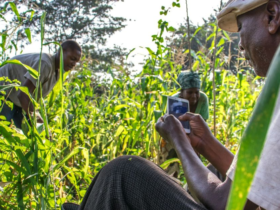
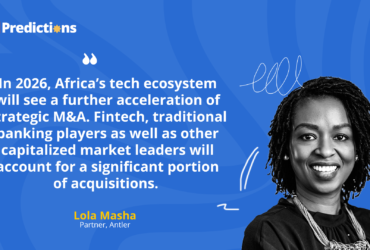
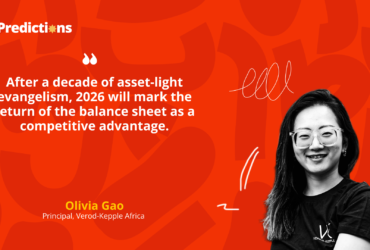
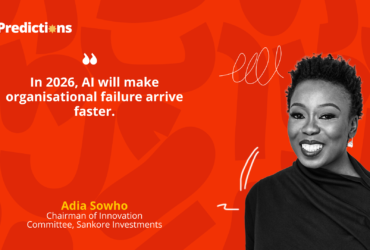
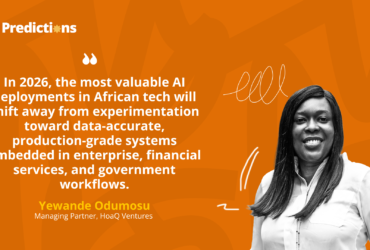
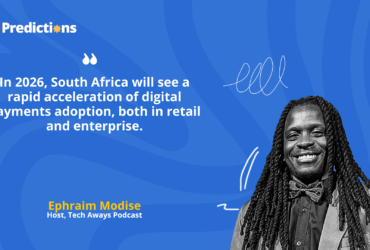
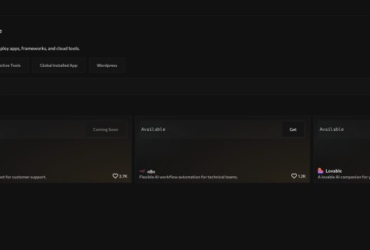
Leave a Reply